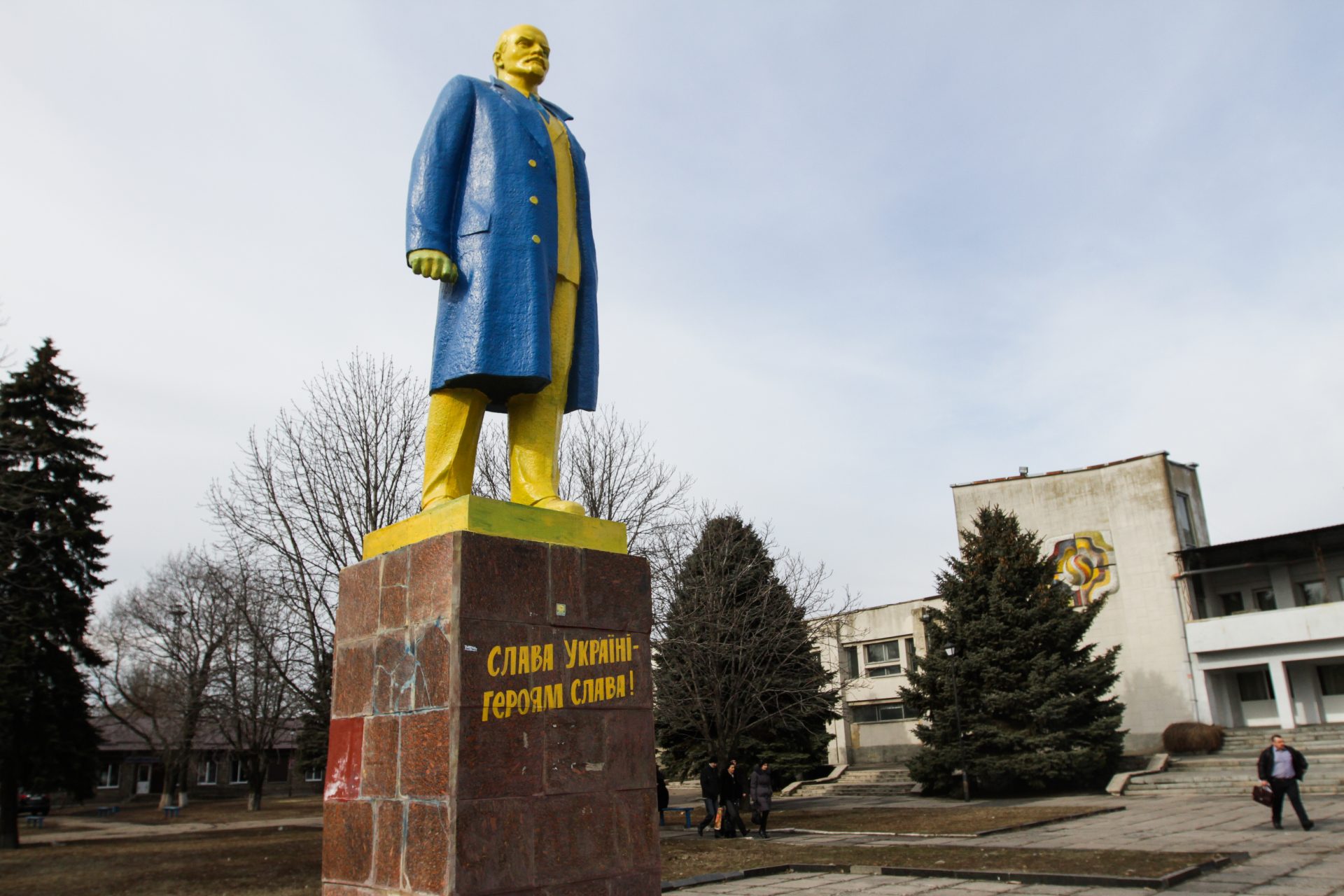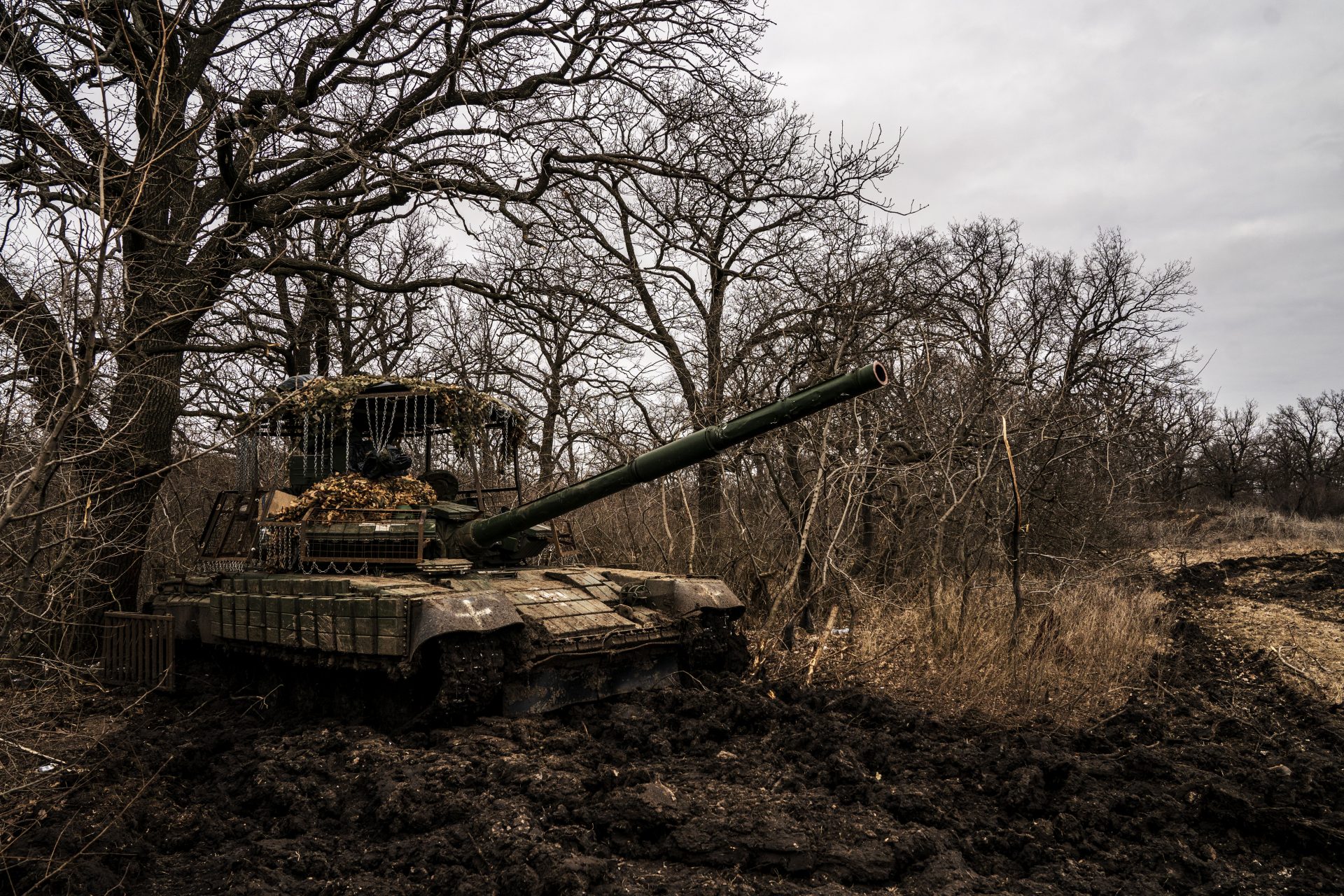Earthquake in Afghanistan: images of the disaster
An earthquake measuring 5.9 on the Richter Scale hit Paktika and Khost provinces.
So far, more than 1,000 people have been killed and another 1,500 injured in eastern Afghanistan.
As reported by the United States Geological Survey (USGS), the earthquake had its epicenter just over 45 kilometers (28 miles) from the city of Khost, near the border between Pakistan and Afghanistan.
The magnitude of the earthquake was so powerful that in some areas, more than 70% of the houses have been destroyed.
At the moment, according to the UN Office for the Coordination of Humanitarian Affairs (OCHA), almost 2,000 homes have been affected by the earthquake.
As those affected try to manage the nightmare, rescue teams continue to recover survivors from the rubble. The wounded are left waiting in the middle of the street until the medical personnel arrive.
Lifeless bodies continue to appear in the rubble. The destruction is of such caliber that it will take several days to complete the rescue work.
As the USGS confirms, there was a powerful aftershock of 4.5 degrees after initial earthquake. It multiplied the destruction in the area.
Given the situation in the area, the leader of the Taliban government, Mullah Hibatullah Akhundzada, has ordered that all possible resources be used for three main objectives.
"Help the families of the victims, remove the deceased from the rubble and transfer the injured to the hospital," he listed those three goals to the international media.
To carry out these tasks, the Afghan Ministry of Defense has sent five helicopters, 50 ambulances and a team of health workers to facilitate early care for the wounded and their transfer to hospitals.
The problem is that this earthquake has come accompanied by heavy rains. They greatly complicate the rescue, as reported by OCHA.
The strong winds are another added difficulty for the rescue helicopters. They are having difficulty as landing on devastated land. In the end, ambulances have had the most work.
At the same time, OCHA has asked for help from the WASH program, which is responsible for sanitizing and making the water drinkable so that it can be consumed by the affected people.
By sanitizing the water, many infectious diseases that usually result from this type of catastrophe may be avoided avoided.
For the moment, the rescue work continues. It is likely, however, that the numbers of casualties and injured will continue to increase in the coming days.
More for you
Top Stories





























